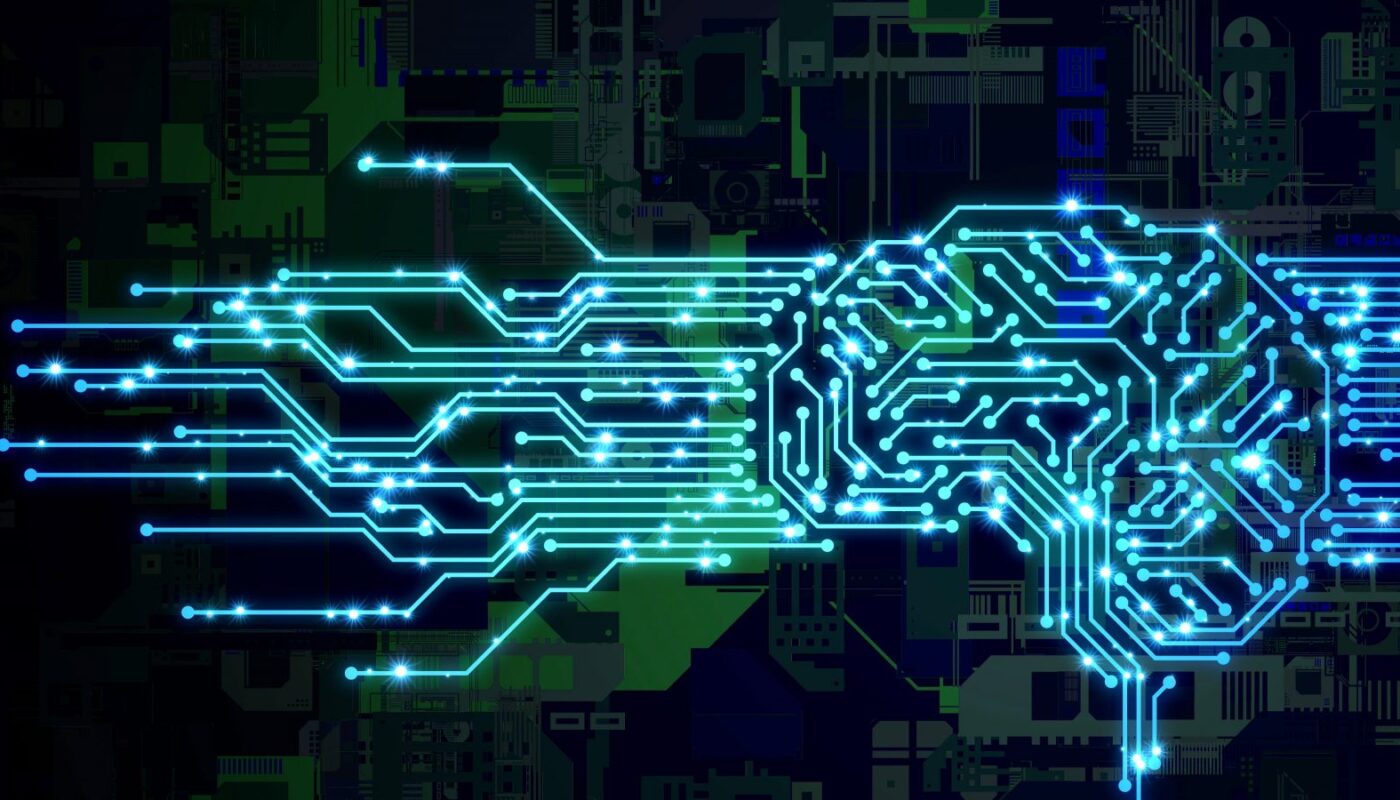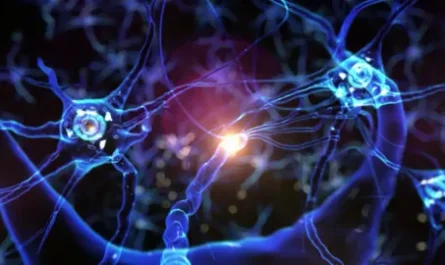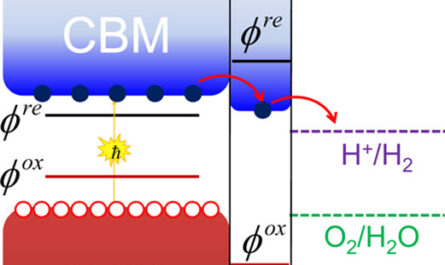The latest version of OpenAI’s artificial intelligence system, GPT-4, has shown significant potential in addressing chemistry challenges, according to chemist Kan Hatakeyama-Sato from the Tokyo Institute of Technology. GPT-4, which belongs to the category of large language models, demonstrates a good understanding of chemistry and is capable of predicting and proposing experimental results in a similar way to human thought processes.
Hatakeyama-Sato and his team published their findings in the journal Science and Technology of Advanced Materials: Methods, discussing their exploration of GPT-4’s capabilities in chemical research.
GPT-4, short for Generative Pre-trained Transformer 4, possesses the ability to gather and analyze vast amounts of information to find solutions to users’ challenges. Unlike its predecessor, GPT-4 can process both textual and visual data, making it a more versatile AI system.
While the specific training datasets for GPT-4 have not been disclosed, it is evident that the system has acquired a considerable amount of detailed knowledge in chemistry. To assess its capabilities, the researchers assigned GPT-4 a series of chemical tasks focused on organic chemistry, covering topics such as basic chemical theory, handling molecular data, predicting chemical properties, and proposing new procedures.
The results of the investigation unveiled both strengths and limitations of GPT-4. The system demonstrated a strong grasp of general organic chemistry knowledge at the textbook level. However, it struggled with tasks involving specialized content and unique methods for synthesizing specific organic compounds. GPT-4 also had limited efficiency in interpreting chemical structures and converting them into standard notations. One notable accomplishment was its ability to accurately predict the properties of compounds that it had not been explicitly trained on. Overall, GPT-4 outperformed some existing computational algorithms but fell short compared to others.
According to Hatakeyama-Sato, GPT-4 has the potential to tackle a wide range of tasks in chemical research, ranging from foundational knowledge to addressing previously untrained problems and optimizing multiple variables. However, the system’s performance is heavily dependent on the quality and quantity of its training data, leaving room for improvement in its inference capabilities.
The researchers caution that their study was only a preliminary investigation and call for future research to expand the scope of trials and delve deeper into GPT-4’s performance in diverse research scenarios. They also express interest in developing their own large language models specializing in chemistry and exploring their integration with existing techniques.
In the meantime, researchers are encouraged to consider employing GPT-4 in chemical challenges, potentially utilizing hybrid methods that combine specialized techniques with the AI system, concludes Hatakeyama-Sato.
*Note:
1. Source: Coherent Market Insights, Public sources, Desk research
2. We have leveraged AI tools to mine information and compile it




